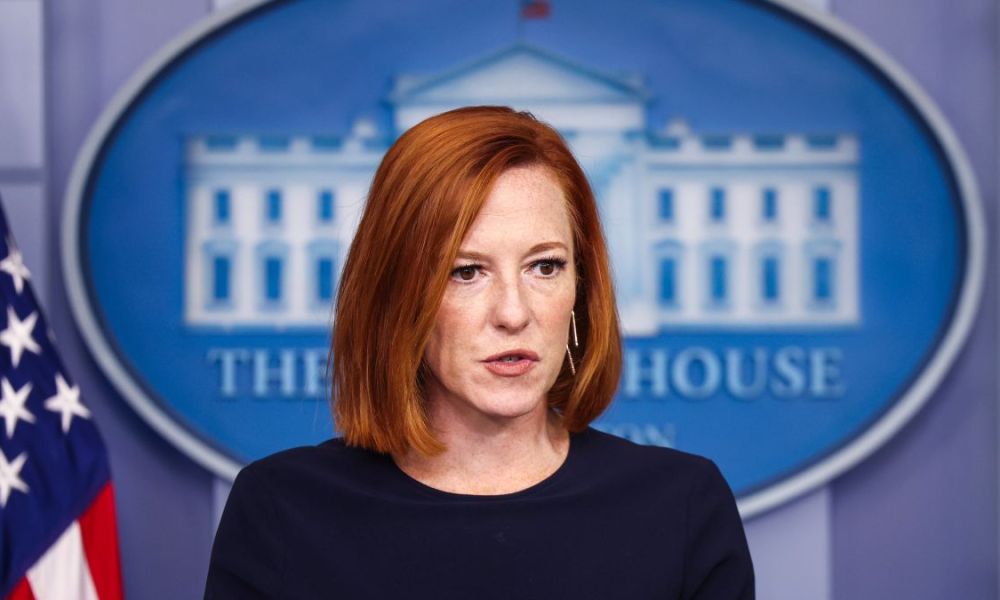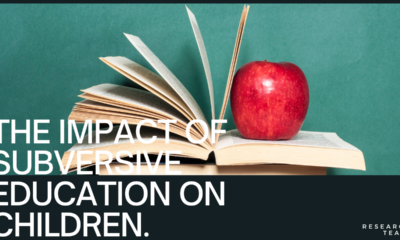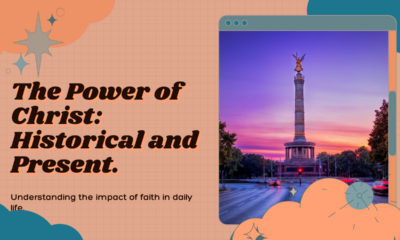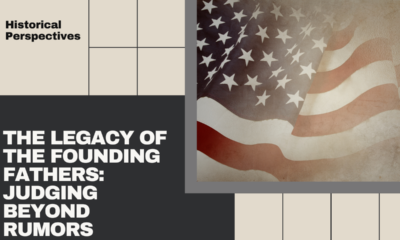Accountability
White House no longer using ‘imminent’ to describe potential Russian invasion of Ukraine

The White House says it will no longer refer to the potential invasion of Ukraine by Russia ‘imminent’ after Ukrainian President Vladimir Zelensky questioned the rhetoric last week.
In a press briefing on Wednesday, White House Press Secretary Jen Psaki told reporters the White House will not describe any possible Russian attacks on Ukraine ‘imminent.”
Paski said using the word “sent a message that (the Biden administration) weren’t intending to send, which was that we knew (Russian) President (Vladimir) Putin had made a decision.” She continued, “I would say the vast majority of times I’ve talked about it, we said he could invade at any time. That’s true. We still don’t know that he’s made a decision.”
Zelensky said in a statement last week regarding the US claim a Russian attack on Ukraine was imminent, “There is a feeling abroad that there is war here. That’s not the case.”
The White House’s decision to discontinue use of the word was followed by lawmakers in Congress and at the United Nations.
UN Ambassador Linda Thomas-Greenfield told NPR last week, “No, I would not say that we are arguing that it’s imminent because we’re still pursuing a diplomatic solution to give the Russians an off-ramp. Our hope is that this will work and that Putin will understand that war and confrontation is not the path that he wants to follow, but he wants to take a path at diplomacy.”
As Russia ramps up troop deployment along the Ukrainian border, the Biden administration has sent 3,000 troops to Eastern Europe to reinforce its commitment to its NATO allies in the region.
Terry A. Hurlbut has been a student of politics, philosophy, and science for more than 35 years. He is a graduate of Yale College and has served as a physician-level laboratory administrator in a 250-bed community hospital. He also is a serious student of the Bible, is conversant in its two primary original languages, and has followed the creation-science movement closely since 1993.
-

 Education5 days ago
Education5 days agoCHAPTER 11: Critical Race Theory: A Species of the Ideological Thought Genus Marxism
Space Is No Longer the Final Frontier—Reality Is [forthcoming release May 2024] -

 Civilization4 days ago
Civilization4 days agoCHAPTER 12: Seeding Race Wars
Space Is No Longer the Final Frontier—Reality Is [forthcoming release May 2024] -

 Civilization4 days ago
Civilization4 days agoWill Trump flip New York?
-

 Education3 days ago
Education3 days agoTitle IX revision sparks State revolts
-

 Constitution2 days ago
Constitution2 days agoPrecinct Strategy scores again
-

 Clergy5 days ago
Clergy5 days agoHistorical Points Have Their Place, But That Is Not Where Your Faith Is To Stand!
-

 Education4 days ago
Education4 days agoDid the Freemasons, Illuminati, Spiritualists and Mystics establish this country?
-

 Education3 days ago
Education3 days agoThe Road Back to Normalcy Starts Where the Problem Began: College Campuses


